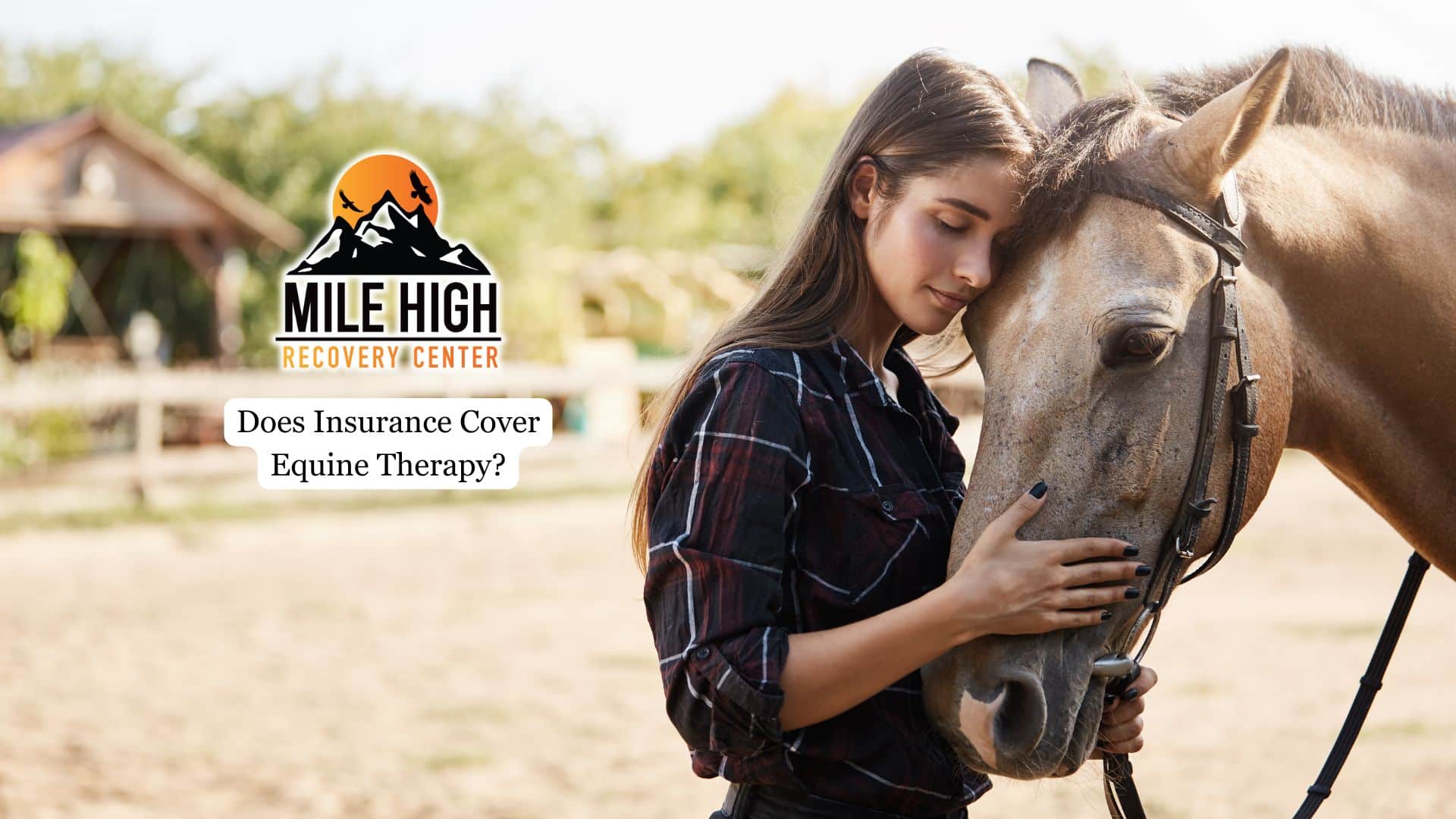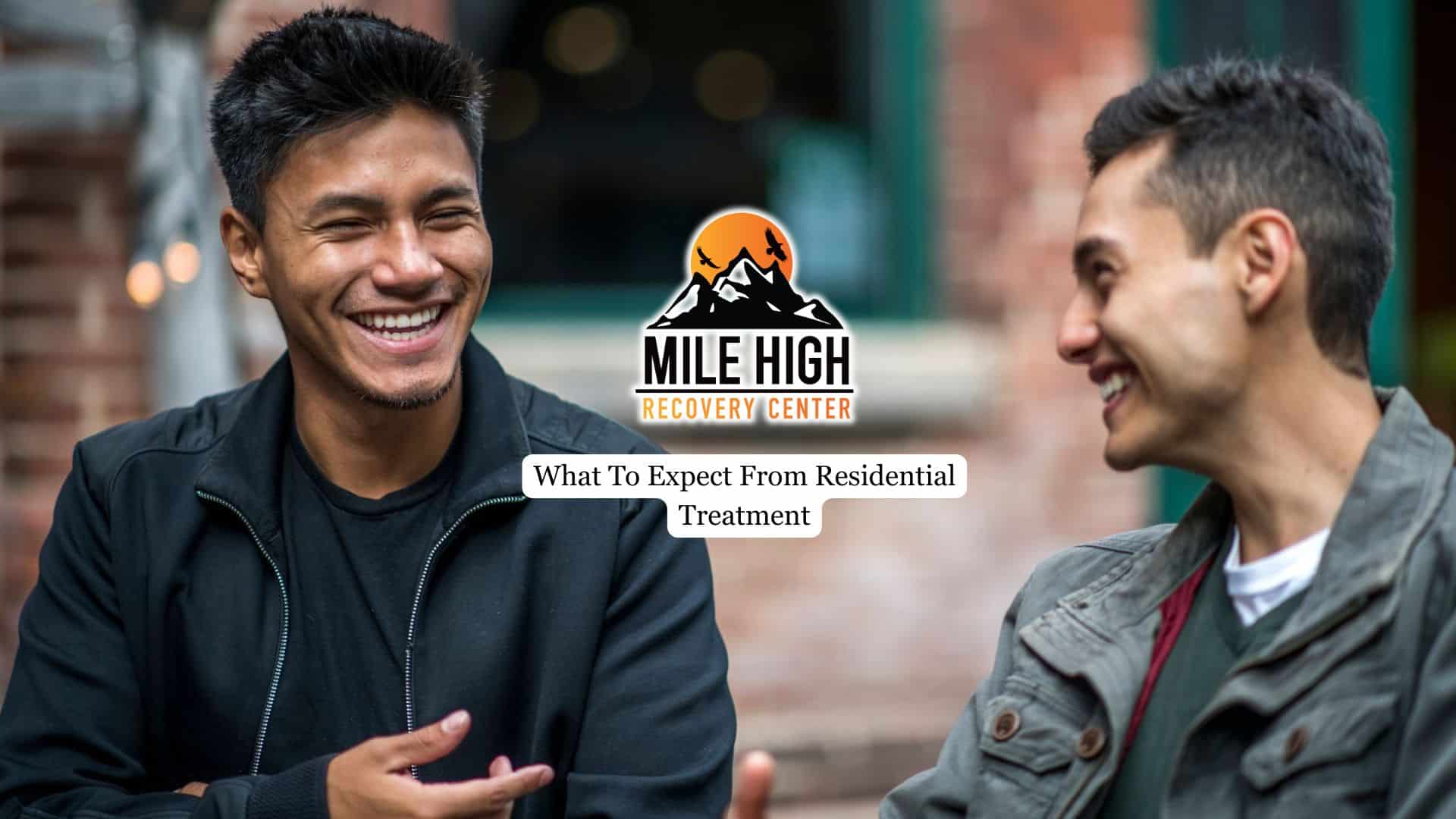The Importance of Relapse Prevention
The road to recovery is not a straight line. It’s filled with ups and downs. Sometimes, despite our best efforts, relapse can occur. Statistics tell us that 40% to 60% of people who struggle with addiction will experience a relapse at some point in their recovery journey.
At Mile High Recovery Center (MHRC), we view these numbers not as a verdict but as a vital part of the recovery narrative. Relapse is not a moral failure; it’s a chance to learn and grow.
We offer essential tools to help our clients work through and heal from relapse. One such tool is a relapse prevention group. This is an ongoing support system designed to help clients navigate challenges and stay on track in their recovery journey.

What is Relapse?
Relapse occurs when one uses substances again after a period of abstinence. There are three types of relapse: emotional, mental, and physical.1
Emotional relapse is when one’s emotions and behaviors are setting them up for a potential relapse. Mental relapse is when a person thinks about using again, even if they have not acted on these thoughts. Physical relapse is the actual act of using drugs or alcohol.
Recognizing the signs of relapse and having a plan in place can help prevent it from happening.
What Can Trigger a Relapse?
- Stress: Stressful situations such as work pressure, financial difficulties, or relationship problems can trigger a relapse.
- Negative emotions: Negative emotions such as anger, sadness, and loneliness can also lead to relapse.
- Social pressure: Being around people who are using drugs or alcohol can create pressure to join in these activities.
- Environmental cues: Places, people, or things associated with substance use can be powerful triggers for relapse.
- Overconfidence: Feeling like one has control over their substance use can cause overconfidence. This can lead individuals to neglect necessary precautions, making it easier to slip back into old habits.
What Happens After a Relapse?
Acknowledgment
Adjustment
What Is Continuing Care?
- Individual therapy
- Group therapy
- Psychotherapy
- Outpatient treatment
- Partial hospitalization program (PHP)
- Intensive outpatient program (IOP)
- Sober living homes
- Alumni support groups
Understanding Relapse Prevention Group Activities
Benefits of Participating in Relapse Prevention Group Activities
Enhanced Social Skills
Increased Accountability
Diverse Coping Strategies
Enhancement of Self-Esteem
Cultural and Personal Insight
Creativity and Innovation
Expansion of Support Network
Enhanced Self-Reflection and Insight
Our Approach to Relapse Prevention Group Activities
Multidisciplinary Team Expertise
- Addiction counseling: Our addiction counselors are skilled in identifying and addressing the root causes of addiction. They work closely with clients to develop personalized strategies that address their unique challenges.
- Therapy: Our therapists utilize a range of therapeutic modalities, from cognitive-behavioral therapy (CBT) to mindfulness-based practices. These therapies are integrated into our relapse prevention group activities.
- Group facilitation: The facilitators of our relapse prevention group activities are trained to create a safe and engaging environment where open communication is encouraged. They guide discussions, lead activities, and ensure that every group member feels heard and supported.
Incorporation of Evidence-Based Group Activities
Our staff regularly assesses and adjusts our programs based on feedback and best-practice research to ensure that our relapse prevention group activities are effective.
Core Components of Relapse Prevention Group Activities at Mile High Recovery Center
Psychoeducation Sessions
Interactive Group Discussions
Skill-Building Exercises
Stress Management Techniques
Emotion Regulation Strategies
Problem-Solving Skills
Role-Playing Scenarios
Mindfulness and Relaxation Techniques
Engaging in Effective Relapse Prevention Group Activities
Peer Support Groups
- Themed sharing circles: By focusing on specific themes like resilience or gratitude, these circles encourage in-depth exploration of various aspects of recovery. This allows participants to share relevant experiences and strategies in a structured environment.
- Journey mapping: This creative activity involves visualizing one’s recovery path, highlighting personal milestones, and challenges. It’s a reflective exercise that not only celebrates progress but also facilitates goal-setting in a supportive group context.
- Wellness challenges: Monthly challenges focused on healthy habits encourage group accountability and mutual support, turning the pursuit of well-being into a collective endeavor that reinforces the recovery journey.
Skill-Building Workshops
- Nutrition workshops: These workshops provide education on the link between diet and substance use disorders. They also provide hands-on activities to develop healthy eating habits.
- Career development: Career development helps identify goals, assess potential barriers to employment, and develop strategies for pursuing a meaningful career.
- Financial management: Financial management workshops offer guidance on budgeting, managing debt, and financial planning. This promotes financial stability as a key aspect of sobriety maintenance.
- Life skills: Life skills classes cover a range of topics such as time management, communication, and self-care to equip clients with the tools necessary for successful independent living.

Step Into Your Strength at MHRC
What We Offer
Your Next Chapter Awaits
Reach out to Mile High Recovery Center and take your place in a relapse prevention group that’s more than a meeting— it’s a transformational experience.
Join us and start writing your next chapter, one that’s full of strength, hope, and resilience. Your journey to lasting recovery starts now.








